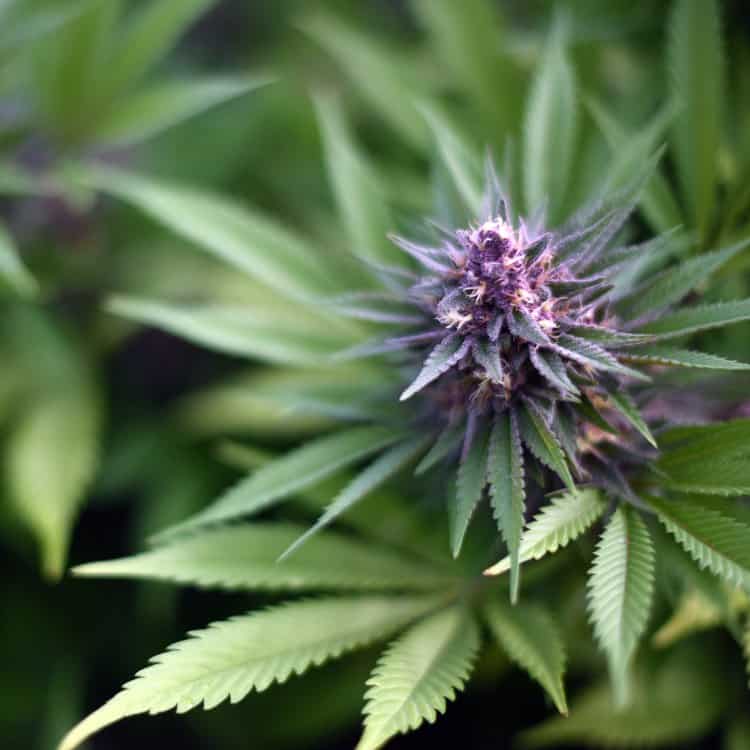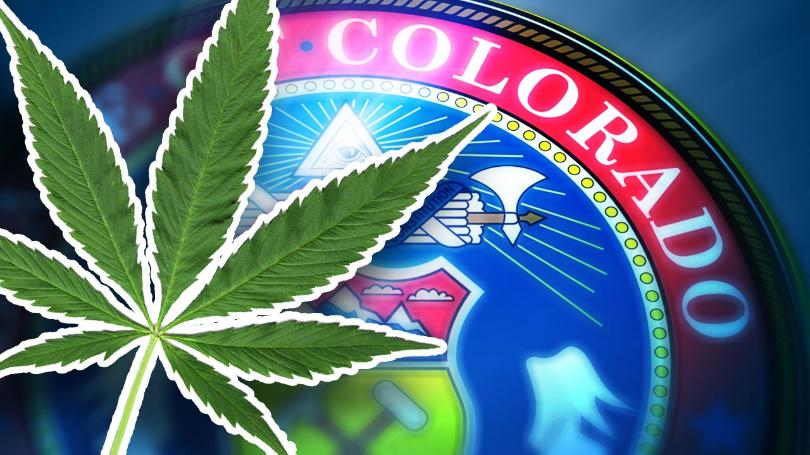Colorado’s annual cannabis projected to hit $1.6 billion this year
For 2019, year-to-date sales through August have already topped $1,022,245,511
Colorado Gov. Jared Polis recently expressed his joy at the state’s impressive revenue from legal cannabis sales. By August of 2018, figures surpassed the $1 billion mark in the Democratic-steered state, which legalized cannabis for recreational use in January 2014, following a successful voter initiative on November 6, 2012.
This amount of revenue has never been accrued by Colorado’s cannabis market so early into the year. Analysts have long been trying to decipher what percentage of revenue would flood from Colorado’s black market to the legal market after legalization. Based on the state’s sales figures, the change has been drastic.
During the state’s first full year of adult-use cannabis legalization, sales topped $684 million. This figure climbed to $1.5 billion last year and although we’re not even half way through the year yet, sales have already hit $1.02 billion.
Industry analyst thinks predicts $1.6 billion in Colorado this year
Since 2014, when $683,523,739 was accrued by the state over the course of the entire year, Colorado’s cannabis sales figures have continued to climb. An analyst for GreenWave Advisors named Matt Karnes predicts that revenue from legal weed could very easily hit $1.6 billion this year.
Based on figures published by the Colorado Department of Revenue, the yearly sales figure rested at $995,591,255 in 2015. The following year, sales skyrocketed to $1,307,203,473 and by 2017, sales increased to $1,507,702,219. For 2019, year-to-date sales through August have already topped $1,022,245,511.
Since Colorado Amendment 64 went into effect two years after voters approved it, the state has experienced a rapid surge in tourism. The legal weed sector has triggered a major increase in consumption, with consumers being lured in by a vast array of cannabis products, such as edibles and concentrates. Sales of cannabis concentrates soared 94.6 percent during the first half of last year in Colorado, where revenue from the edibles segment of the market climbed 13.8 percent year-over-year.
The numbers are pretty impressive, considering the fact that the state’s cannabis retailers were forced to drop their prices due to overproduction issues. Colorado’s cannabis sales revenue indicates a growing acceptance of pot consumption at a time when the United States federal government is considering removing the shackles on pot prohibition.
Colorado’s cannabis industry is boosting the economy
Last year, the Colorado State University-Pueblo’s Institute of Cannabis Research report suggested that legal weed has positively impacted Pueblo County’s economy. Thanks to proper oversight of the industry and the collection of cannabis taxes, Colorado’s economy was bolstered with an additional $58 million in 2018.
Based on the state’s most recent cannabis sales figures, a progressive upward trend is noticeable. Colorado’s blossoming bud-inspired tourism industry is a contributing factor for the incline. Every year, 60 million travelers descend on Colorado, many of whom will visit to explore the cannabis culture that oozes throughout the state.
Something else that could be attributed to the spike in cannabis revenue is the fact that all pot-related sales are taxed. Taxes on weed in Colorado are some of the most expensive of any other cannabis-friendly U.S. state. We’re just seven months into the year and over $200 million has already been collected in taxes.
Growing acceptance of cannabis consumption has also steered Colorado’s uptick in sales revenue, not to mention the ever-growing selection of products available inside dispensaries. From tinctures, topical solutions and supplements, to cannabinoid-infused edibles and cannabis-containing capsules, the variety of products on offer is ever-growing.
On that note, is it any wonder why 62 percent of Coloradans still supported legalization two years after the plant was legalized?








